Revealed: the Sydney suburbs with the worst mortgage debt problems
Over 60 suburbs have more than two thirds of homeowners in mortgage stress and living on a financial knife edge. See where they are.
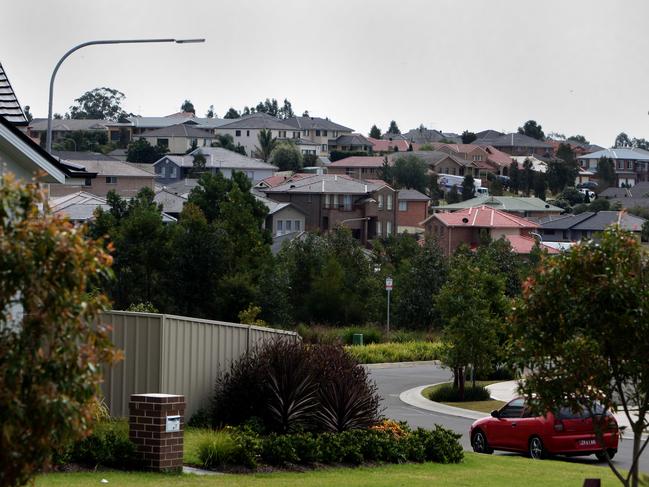
Homebuyers’ big spending over recent years has left them on a financial knife edge where even the slightest rise in living costs and rates would push them underwater.
Analysis provided exclusively to The Daily Telegraph revealed close to two in five homeowners in NSW were already in mortgage stress and this could climb closer to half with even a small interest rate rise.
Mortgage stress was defined by the Digital Finance Analytics research as homeowners spending more on their repayments and other living costs than they were earning.
MORE: Pete Evans offloads home for big bucks
The suburbs falling out of favour with buyers
DFA analyst Martin North said this was resulting in homeowners eating into their savings, racking up credit card debt or drawing down other loans, such as refinancing their mortgages, to stay afloat.
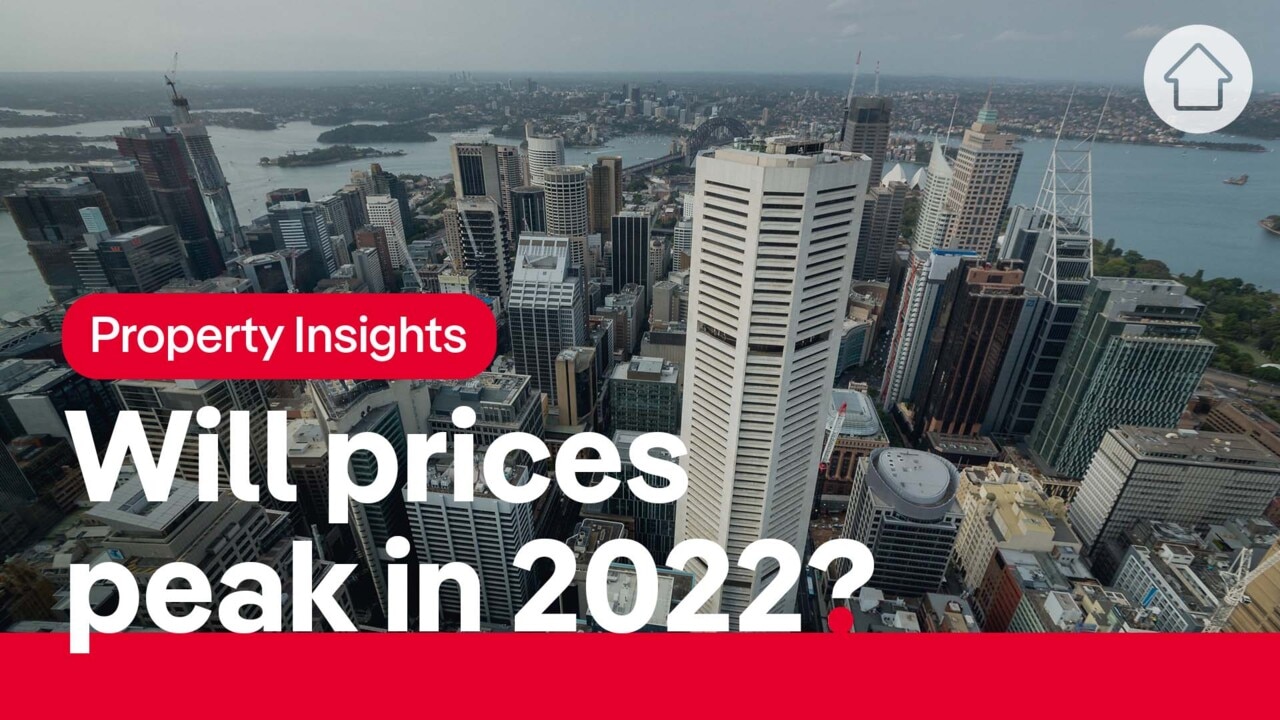
Homeowners were particularly stretched in parts of Blacktown and Sydney’s southwest, where many residents worked in industries that were affected by lockdowns and closed international borders.
More than two thirds of homeowners in suburbs such as Chipping Norton, Liverpool, Stanhope Gardens, Hoxton Park and Blacktown, among others, were classified as stressed.
Mr North said even small, gradual increases in loan rates would be enough to put many of these residents in a position where they would have to make hard choices about how to manage their finances.
This could include giving up a car, scaling back childcare expenses or, in extreme cases, selling their homes to avoid defaulting on their loans.
Among the other homeowners who were also vulnerable to even the smallest interest rate rises were those who purchased during last year’s record housing boom.
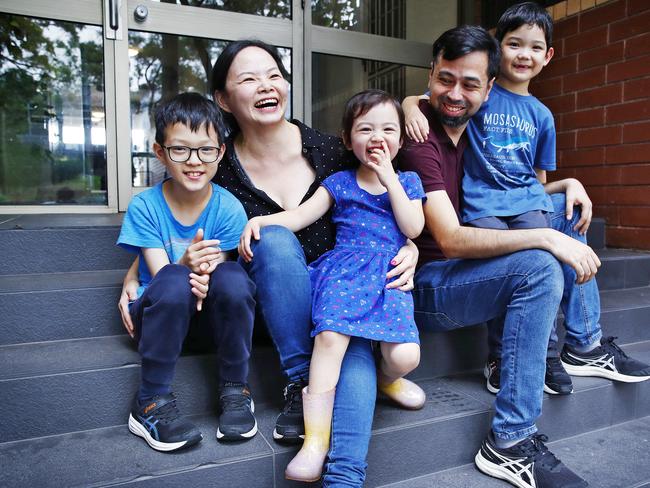
Close to one in six Sydney home buyers spent more than $2m on their properties last year, which was close to double the amount who bought in this category before the pandemic, CoreLogic data showed.
Mr North said the high mortgage debt being amassed by these buyers meant any rate rises, not matter how small, would “hurt”.
“It’s the size of the mortgage that’s the problem, even a small rate rise on a big mortgage will have a huge impact,” he said.
“More households will have to hunker down or try to refinance to do something to protect their mortgage.”
It comes as economists warned banks were likely to raise interest rates this year, continuing a trend of gradual rises in fixed rate products since last year.
There was an expectation the Reserve Bank, which kept the cash rate on hold this month, would make a move later in the year.
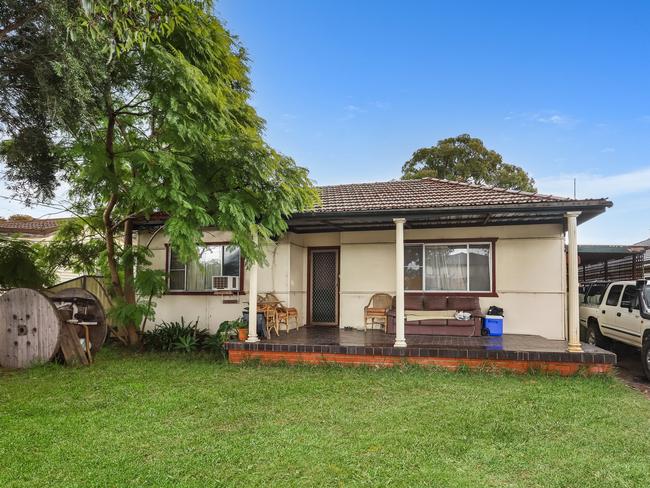
Mr North said many homeowners didn’t realise just how much of a precarious position they were in because they had become acclimatised to taking on massive debt.
“It’s like putting a frog in cold water and heating so slowly it doesn’t notice. Eventually it boils to death. In Sydney, people are spending more and more because they’re used to seeing everyone else do it.”
CoreLogic research director Tim Lawless said Sydney was by far the least affordable housing market and households were more stretched than in the rest of the country.
Most Aussie households were managing their debts fairly well and the average ratio of repayments to income was actually the lowest since the 1990s, Mr Lawless said.
Sydney was a special case, he added, because the average property price was more than 10 times the average income.
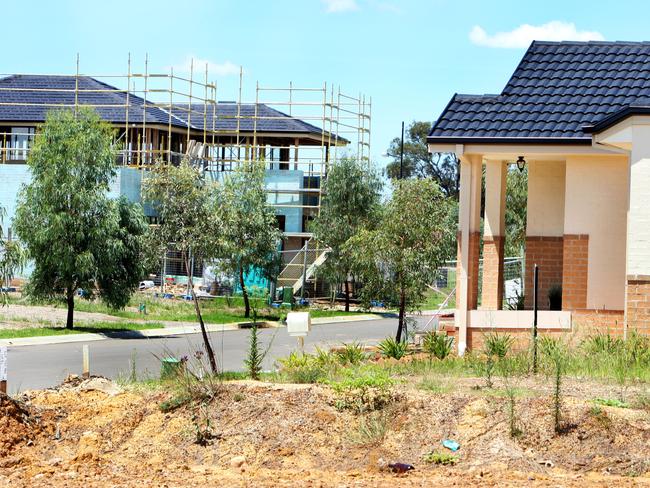
A household with a $2m mortgage would pay close to $13,000 more in repayments with just a 1 per cent rise in lending rates in some instances, analysis showed.
Redfern resident Emma Chang recently refinanced the loan on her home through Loans.com.au and said fixing her rate for a few years seemed like a no-brainer as there was a closing window for her to take get a better rate.
She also drew out equity to buy an investment property and said getting into more debt felt necessary to be able to build a nest egg for her future.
“We’re now in a lot of debt,” she said. “I don’t want to think about what will happen in a few years when our fixed rate (period) ends. We’ll just have to sort it out then.”
WHERE STRESS IS THE WORST (By postcode)
2176 Abbotsbury, Bossley Park, Edensor Park, Prairiewood, St Johns Park
2761 Dean Park, Glendenning, Hassall Grove, Oakhurst, Plumpton
2170 Casula, Chipping Norton, Liverpool, Lurnea, Moorebank, Prestons, Warwick Farm
2768 Glenwood, Parklea, Stanhope Gardens
2770 Blackett, Emerton, Hebersham, Mount Druitt, Shalvey, Tregear, Whalan
2567 Currans Hill, Harrington Park, Mount Annan, Narellan, Narellan Vale
2171 Cecil Hills, Horningsea Park, Hoxton Park, West Hoxton
2570 Camden, Cawdor, Cobbitty, Elderslie, Grasmere, Nattai, Oakdale
2763 Acacia Gardens, Quakers Hill
2759 St Clair, Erskine Park
2168 Ashcroft, Busby, Cartwright, Green Valley, Miller, Sadleir
2566 Bow Bowing, Minto, Raby, St Andrews, Varroville
2760 Colyton, Oxley Park, St Marys
Source: Digital Finance Analytics
Originally published as Revealed: the Sydney suburbs with the worst mortgage debt problems

